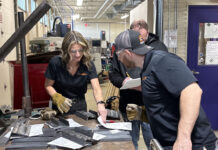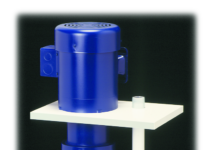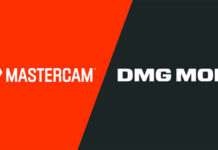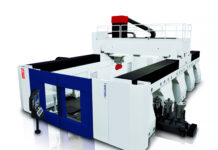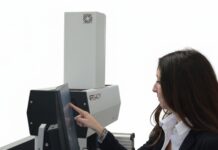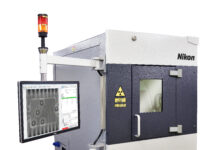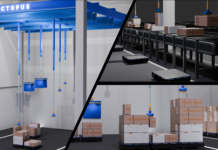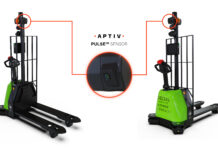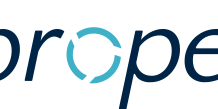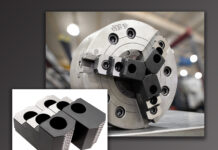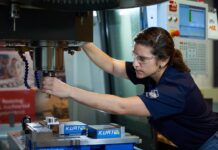If you Google “Employee Engagement” and look for images representing it, you’ll find groups of people in business attire smiling, high-fiving, laughing, or conducting some other staged behavior. While it may look a bit comical, somewhere in the recesses of our minds, we want to replicate this feeling with our own staff. We associated happiness with engagement, and often try to fill the void with a series of initiatives and activities to ‘engage’ people, from free pizza and bagels, holding off-site meetings, and giving out swag, to public recognition of high performers.
We’ve all done these things at one point or another. However, does this really build employee engagement? With the current pandemic, many of these old methods are not possible to implement, and many companies are struggling to figure out how to connect with employees working remotely. The problem is, we’re defining ‘engagement’ in the wrong way, and hence, applying the wrong solutions. Organizations need to re-examine what engagement means and deliver a more valuable and relevant experience. This means making four mindset shifts:
Shift #1: Going from Creating Happiness to Creating Purpose
Instead of focusing on trying to improve the superficial ‘happiness’ of employees, increase each employee’s understanding and sense of purpose. Does each and every employee fully understand how they add value to the organization? Do they know how they can create positive change to impact a common goal? Is that goal something they can be proud of and would want to share with their friends and family?
Shift #2: Going from Seeing Roles to Seeing Skills
While everyone in a company has a role and scope of responsibility, each person brings to the table an often-untapped background of skills and knowledge which can positively impact the organization outside of their role. If an accountant or HR administrator also has a passion and talent for photography, can this skill be capitalized on and create value for the company, and provide an opportunity for them to contribute above and beyond their traditional role?
Shift #3: Going from Managing Tactics to Managing Outcomes
With the change to remote work, managers don’t have the luxury of checking in on employees as easily as before, or do they? One major insurance company is actually tracking the mouse movements of their remote employees – if their mouse isn’t moving on the screen consistently, they’ll receive a notification from their superior and have to explain why. Is the measure of success really about mouse movements, or how many claims get processed within a 12-hour period? Are you focusing on helping employees accomplish objectives or micromanaging implementation?
Shift #4: Going from Acknowledgment to Trust
While we want to recognize employees for going above-and-beyond in their roles, trust goes much farther. When an employee is trusted as a professional, and to do their job thoroughly and accurately, it builds confidence and reflects the organization’s faith they have in their staff. Do you exhibit trust with your employees, providing them the tools and latitude to execute their jobs independently, without excessive oversight?
Employee engagement is often defined as the extent to which employees feel passionate about their jobs, are committed to the organization, and put discretionary effort into their work. To create this passion and commitment requires a genuine dedication to helping your employees succeed and grow, not just creating superficial, short-term happiness.


